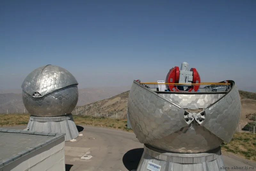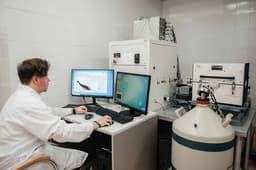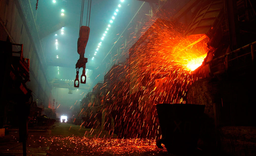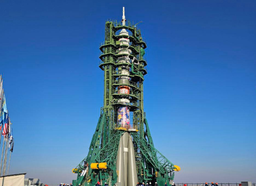In the era of total digitalization, the issue of security and confidentiality of data has become one of the key ones for business. Large corporations around the world are involved in the introduction and development of quantum computing, and experts predict a significant threat to information security from quantum computers in the perspective of 50 years. Such a thought was expressed by a research associate of SMARTS-Quantum Telecom Alexey Santiev at the Future Technologies Forum.
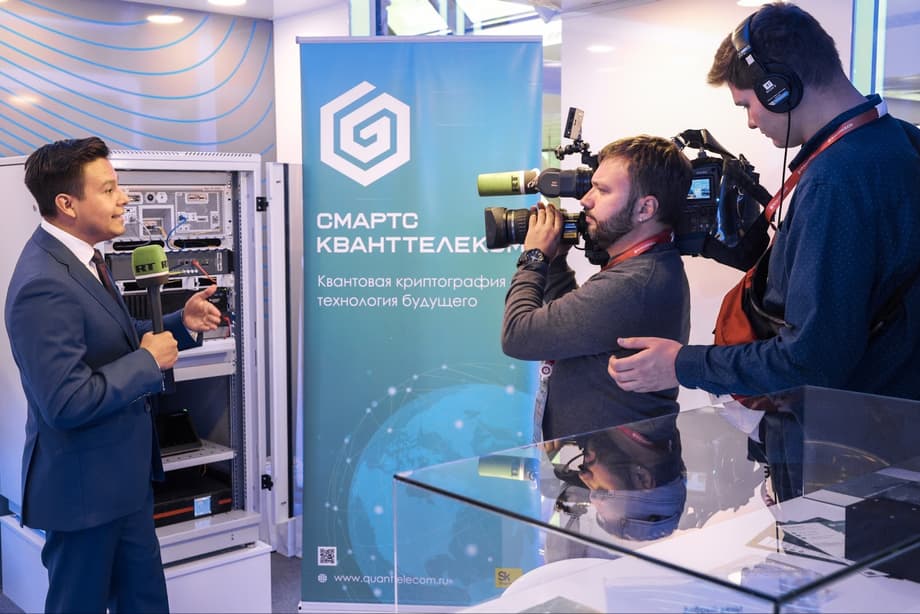
The Russian company SMARTS-Quantum Telecom has developed a quantum key system. It's a device that allows you to transmit information in the most secure way. Now the technology is used by state enterprises, and in the future, quantum keys will be popular in B2B and B2C models.
The device allows you to form symmetric bit keys between remote users by transmitting quantum states. They're called quantum keys. Since their formation uses a quantum state, the resilience of these keys is ultimately reduced to the laws of quantum physics. Therefore, these keys cannot be intercepted and picked up, possessing great computing power, and even a quantum computer. The application and implementation of these devices will be relevant with the advent of a quantum computer when modern infrastructure, on which information security is built, will be threatened by the possibility of a large number of keys in the system.
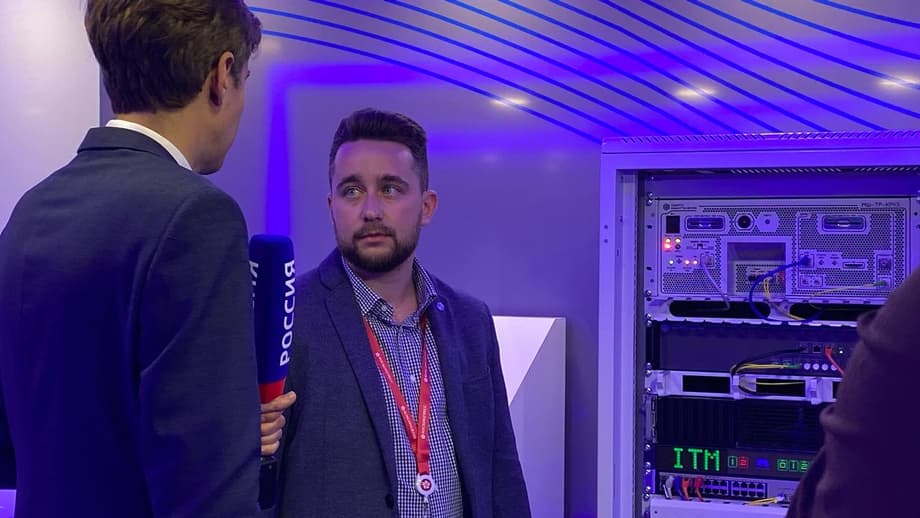
At present, the development is implemented in the infrastructure of JSC RZD. The company was the first in the country to decide to develop quantum communications. By 2024, the carrier plans to build a quantum network with a length of at least 7 thousand km.
According to Santiev, primarily the quantum key system will be used by companies and organizations that operate the most critical information systems. Subsequently, a full transition to the B2G segment (from English - business-to-government) is expected.
"Now, based on the main quantum networks that have already been created in JSC RZD, various service models of providing services are being worked out and implemented in practice, so that it would be possible to enter the B2B segment, and then, perhaps, in the B2C segment", - notes Santiev.
To introduce these developments, there is no need to wait for the emergence of a quantum computer, the scientist is confident. The sooner the transition to the new infrastructure takes place, the more threats can be prevented. As for the future of quantum technologies, humanity is on the eve of the Second Quantum Revolution. Scientists and developers around the world are actively preparing for it - this is the most promising and at the same time dangerous technology.
"In the middle of the 20th century, we witnessed the First Quantum Revolution, when humanity learned to control the properties of collective ensembles of particles, various transistors emerged, microelectronics appeared, which we all use now — there was a great change. Now we are witnessing the Second Quantum Revolution, when humanity is learning to effectively control individual quantum particles and their properties. Undoubtedly, the quantum technology breakthrough in all spheres can be compared to what we saw in the middle of the 20th century with the emergence of microelectronics", - concluded Santiev.

